Mushrooms are becoming increasingly popular in skincare, and there are plenty of scientific reasons supporting why.
The extracts of mushrooms contain flavonoids, terpenes, polysaccharides, polyphenols and amino acids, these compounds show excellent antioxidant, anti-aging, anti-wrinkle, skin whitening, and moisturizing effects, which make them ideal candidates for cosmetics products.
REISHI MUSHROOM

Benefit 1: Anti-inflammatory
Triterpene extract from reishi mushroom (GLT) markedly suppressed the secretion of inflammatory cytokines, such as TNF-Alpha and IL-6, which leads to a decrease in inflammation. A self-reported study shows that a 44-years-old male that has been suffering from inflammatory scalp conditions (cutaneous sarcoidosis) for 4 years used a soap infused with reishi mushroom and goat milk, the lesions has gone down in 3 days. After 6 months, the lesions recurred and the patient applied the same soap again, then the lesions disappeared within a week and the scalp lesions are in remission.

Benefit 2: Brightens The Skin
Study shows that > 7.5 μM, a very small amount of ganodermanondiol, an active compound in Reishi mushroom extract, is effective at inhibiting melanogenesis proteins such as tyrosinase, TRP-1 and TRP-2, which can result in melanin/post-inflammatory hyperpigmentation reduction, making reishi mushroom a useful ingredient in dark spot reducing and skin brightening.

Benefit 3: Antioxidant
Reishi mushroom contains polysaccharides peptide, and it helped to increase production of our body's natural antioxidants such as SOD, and protect the cell against free radicals while also inhibiting protein and lipid peroxidation.
Benefit 4: Immune-modulating
Glucans and beta-glucan exist in mushroom polysaccharides. Mushroom polysaccharides and proteoglycan cannot penetrate cells due to their large molecular mass, so the first step in the modulation of cellular activity is binding to immune cell receptors. beta-glucans have been studied profoundly to identify their target receptor in immune cells, this is a very complex process.
Reishi mushroom's polysaccharides can help to modulate the innate immune system, and potentially be helpful in allergic skin reactions.
Benefit 5: Anti-aging
Reishi mushroom's polysaccharides also inhibit UVB-induced photoaging in human skin cells studies. The study used fibroblast cells and irradiated with UVB, and cell viability was analyzed. Cells exposed to UVB had decreased cell viability, increased aging, and increase MMP-1 protein expression (the protein expression that leads to collagen breakdown), as well as increased reactive oxygen species (ROS) levels compared with non-exposed cells. However, cells treated with reishi mushroom polysaccharides demonstrated increased cell viability, decreased aged cells, decreased MMP-1 protein expression, and decreased cellular ROS levels.
CHAGA MUSHROOM

Benefit 1: Antimicrobial
A study done on the antimicrobial properties of chaga mushroom found that the extract of the mushroom, at a concentration of around 0.3-1.5 mg/mL exhibited antibacterial activity against staphylococcus aureus and bacillus cereus. The extract also showed a considerable antifungal effect on all tested fungi. To some fungi, the antifungal effect from the chaga mushroom extract is even higher than ketoconazole, a common fungicide used in anti-dandruff shampoos and anti-fungal creams.
However, please keep in mind that this does not mean that we should rely on mushroom extract to help with fungal or bacterial skin conditions. "Anti-bacterial" is a drug claim; the concentration of chaga mushroom in cosmetics is unreliable, and any products containing chaga mushroom are not clinically tested to be proven valid.
Benefit 2: Brightens The Skin
Like reishi mushroom, chaga mushroom also has the ability to brighten the skin, however, the mechanisms are different, so both mushrooms are helpful in aiding each other synergistically to brighten the skin.
We discussed earlier, reishi mushroom brightens the skin by inhibiting melanogenesis proteins and decreasing tyrosinase activity, however, The compounds in chaga mushroom: betulin, and trametenolic acid decrease existing melanin content as well as suppress tyrosinase activity; while one mushroom prevents hyperpigmentation, the other helps to reduce existing hyperpigmentation.
Benefit 3: Antioxidant + Anti-inflammatory
Chaga mushroom, just like any other plant extracts and mushrooms, contain triterpenoids, polyphenolic compounds, and polysaccharides that is anti-oxidating and anti-inflammatory
Benefit 4: Cell Protecting
Chaga mushroom is rich in polysaccharides such as beta-glucan. A study exposed zebrafish embryos (Zebrafish is an idea model for assessing DNA damage because its genomic DNA contains DNA repair genes found in humans) to UVB for 10 seconds, followed by a chaga polysaccharides treatment, and then assessed the genotoxic effects of UVB. It was found that chaga polysaccharide reduced UVB damage in zebrafish by enhancing expression of DNA repair genes.

MESHIMA MUSHROOM

Benefit 1: Brightens The Skin
Meshima mushroom (phellinus linteus), or also called black hoof mushroom, got its name because it is shaped like a hoof. There are fewer studies involving meshima mushroom compared with reishi and chaga, however, the few studies on it suggest that it is a great ingredient for skin brightening.
Hispolon is one of the most important functional compounds that form the meshima mushroom. Hispolon has antioxidant, anti-inflammatory, and anticancer effects. Studies have found that hispolon plays a role in reducing melanogenesis; it represses the expression of tyrosinase and the microphthalmia-associated transcription factor (MITF) to reduce the production of melanin. As little as 2 micromolar (μM or 10^−6 mol/L), that is only a concentration of 0.00000044 g/mL needed (molar mass of hispolon is 220.22 g/mol) for it to be effective.
Benefit 2: Barrier Protecting + Anti-inflammatory
Just like reishi and chaga mushrooms, meshima mushroom also contains polysaccharides and proteoglycans that helps to reduce inflammation. Although no direct studies link meshima mushroom to skin inflammation, a study from Korea has suggested that meshima mushroom is involved in the prevention and treatment of autoimmune joint inflammation such as rheumatoid arthritis because it has the ability to reduce pro-inflammatory cytokines.
A study used compared the healing effect of meshima mushroom vs. ceramide, and found that meshima score slightly better than ceramide in healing the injured mice ear in recovering ear thickness.


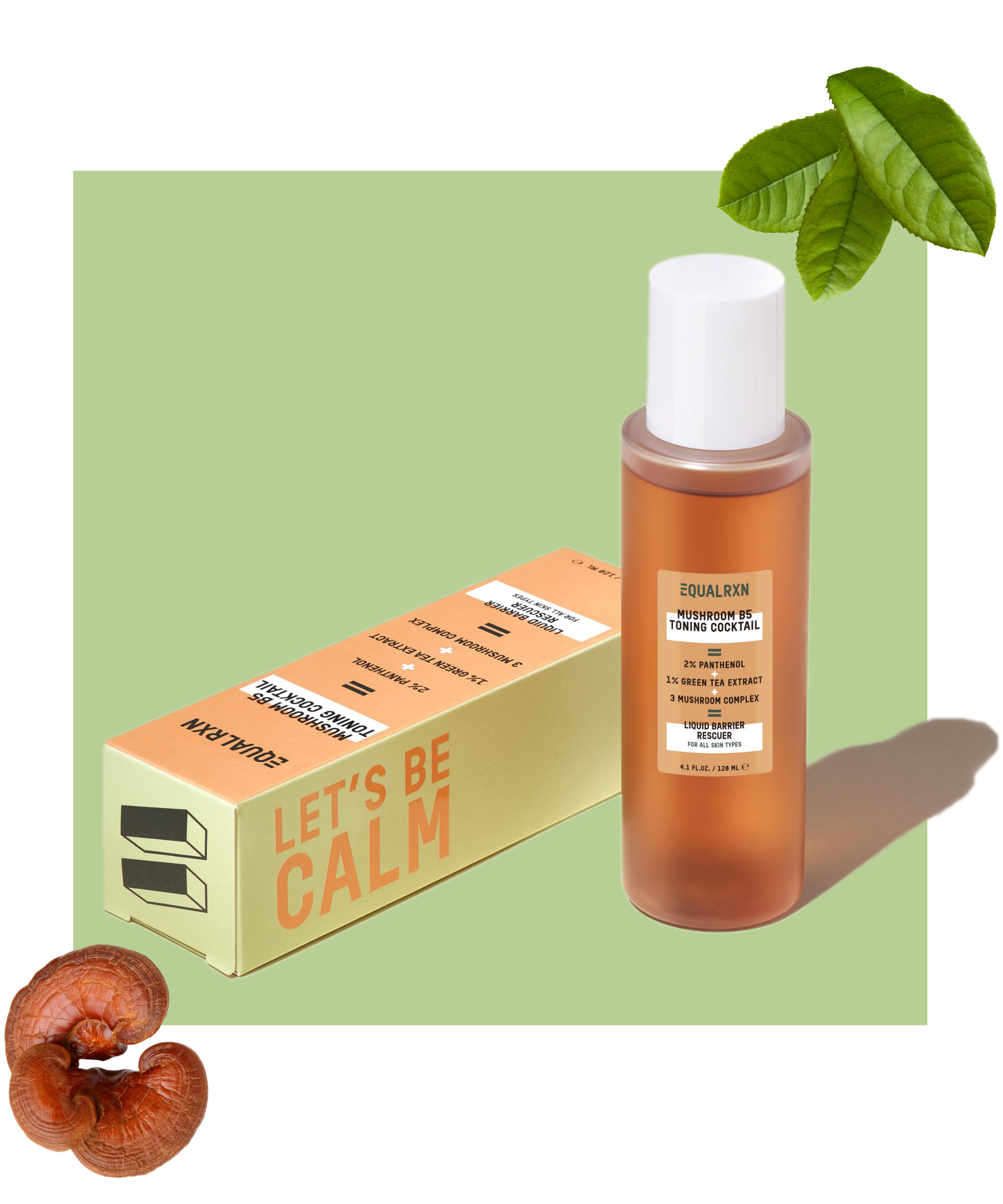
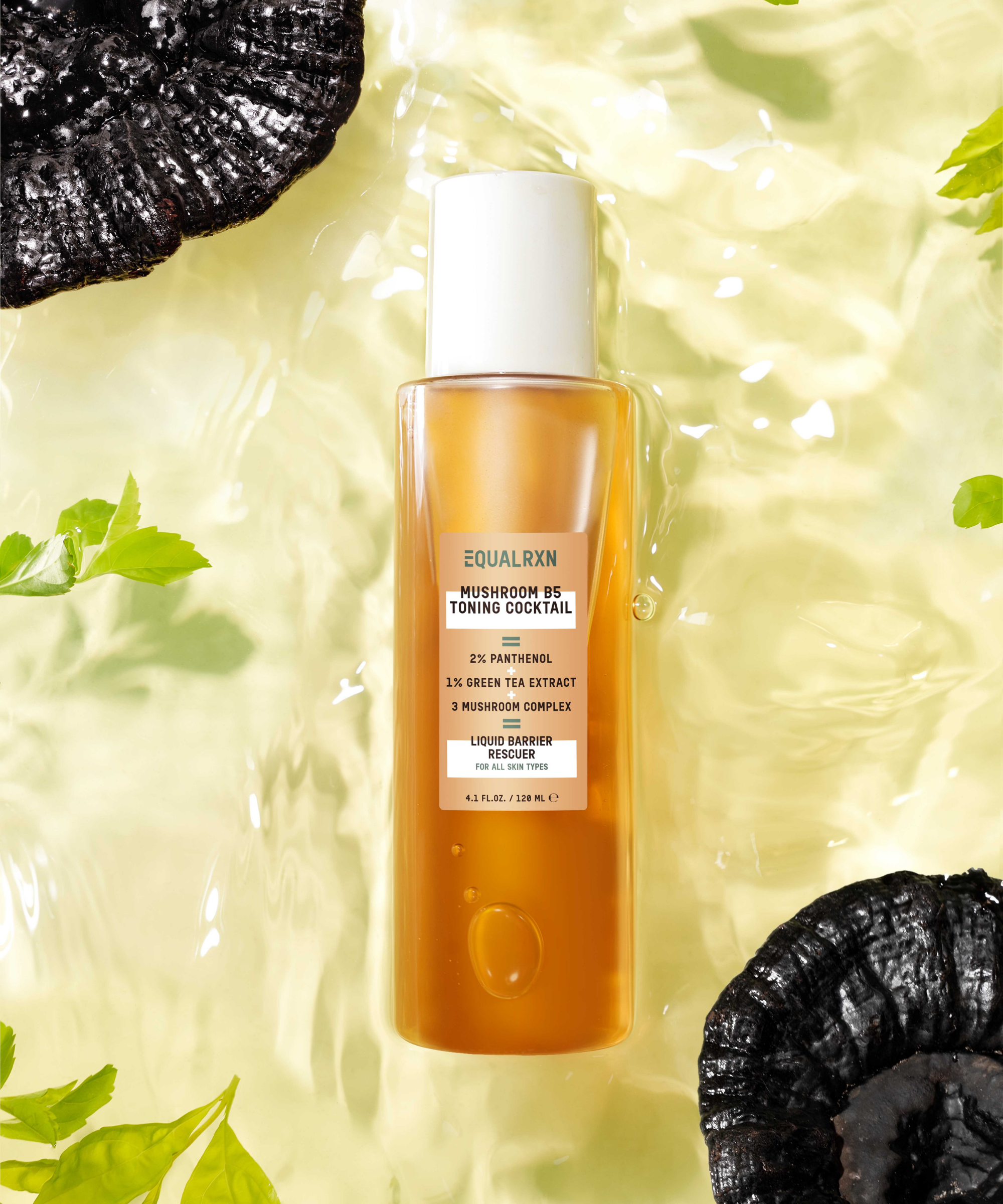
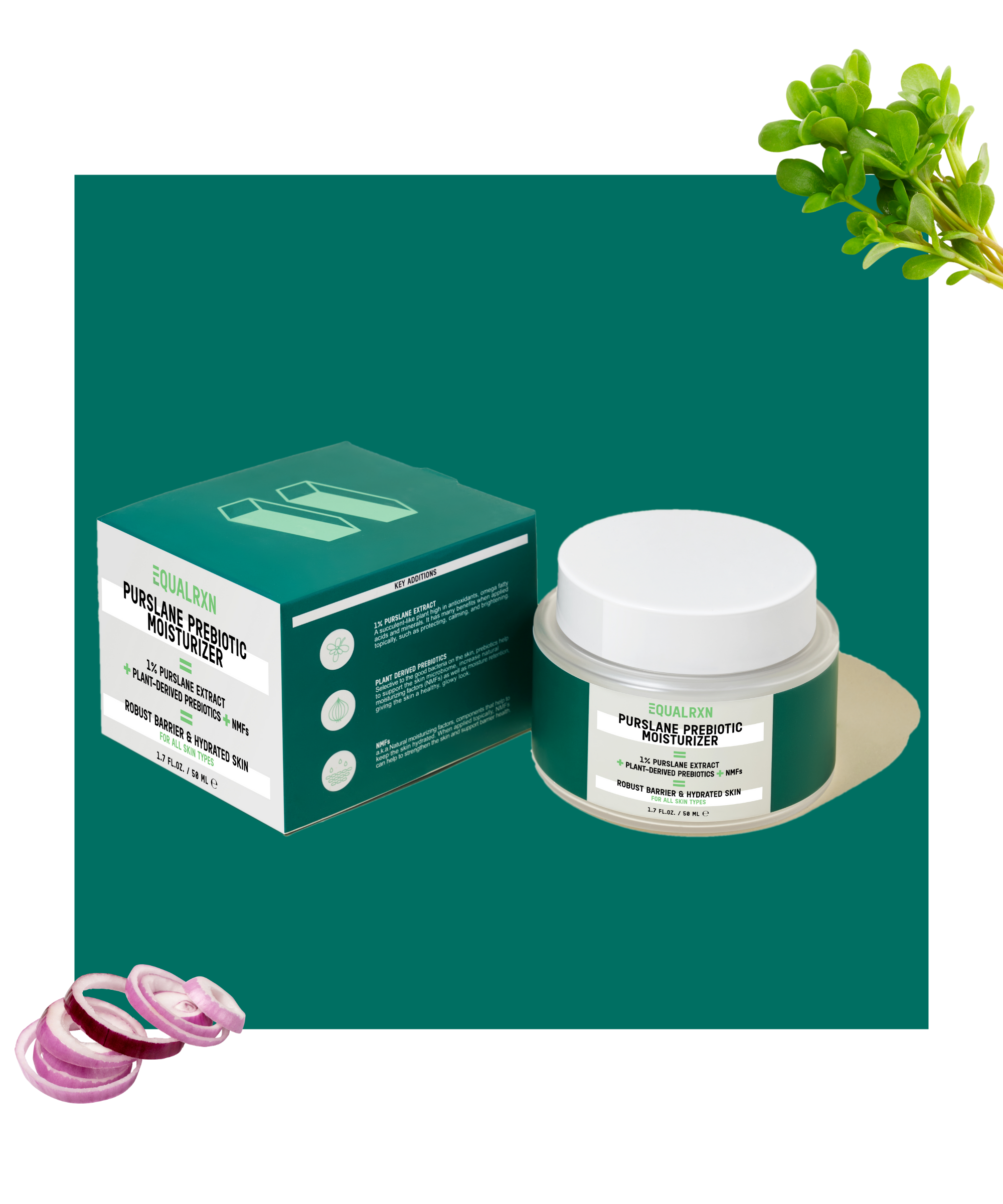
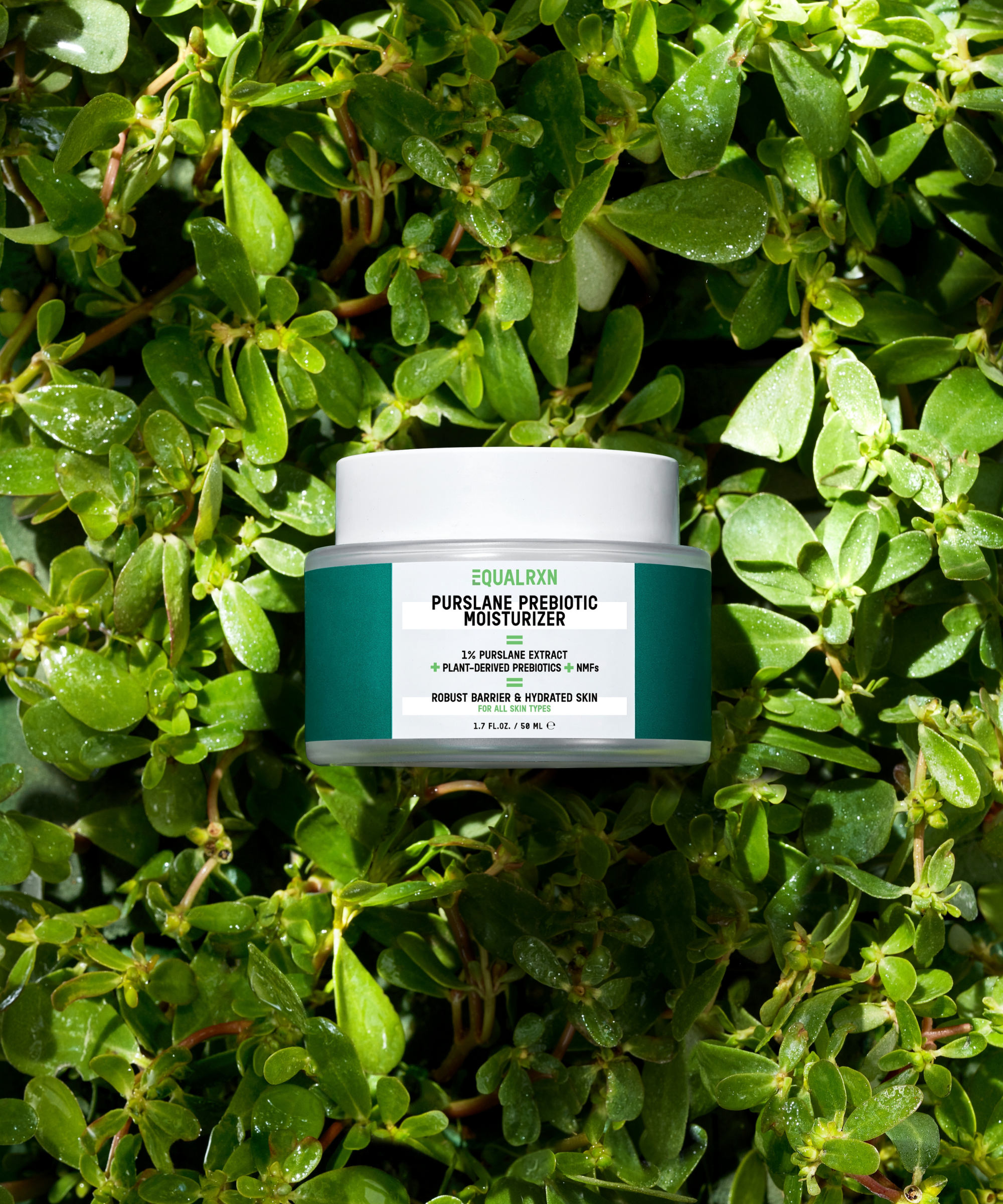
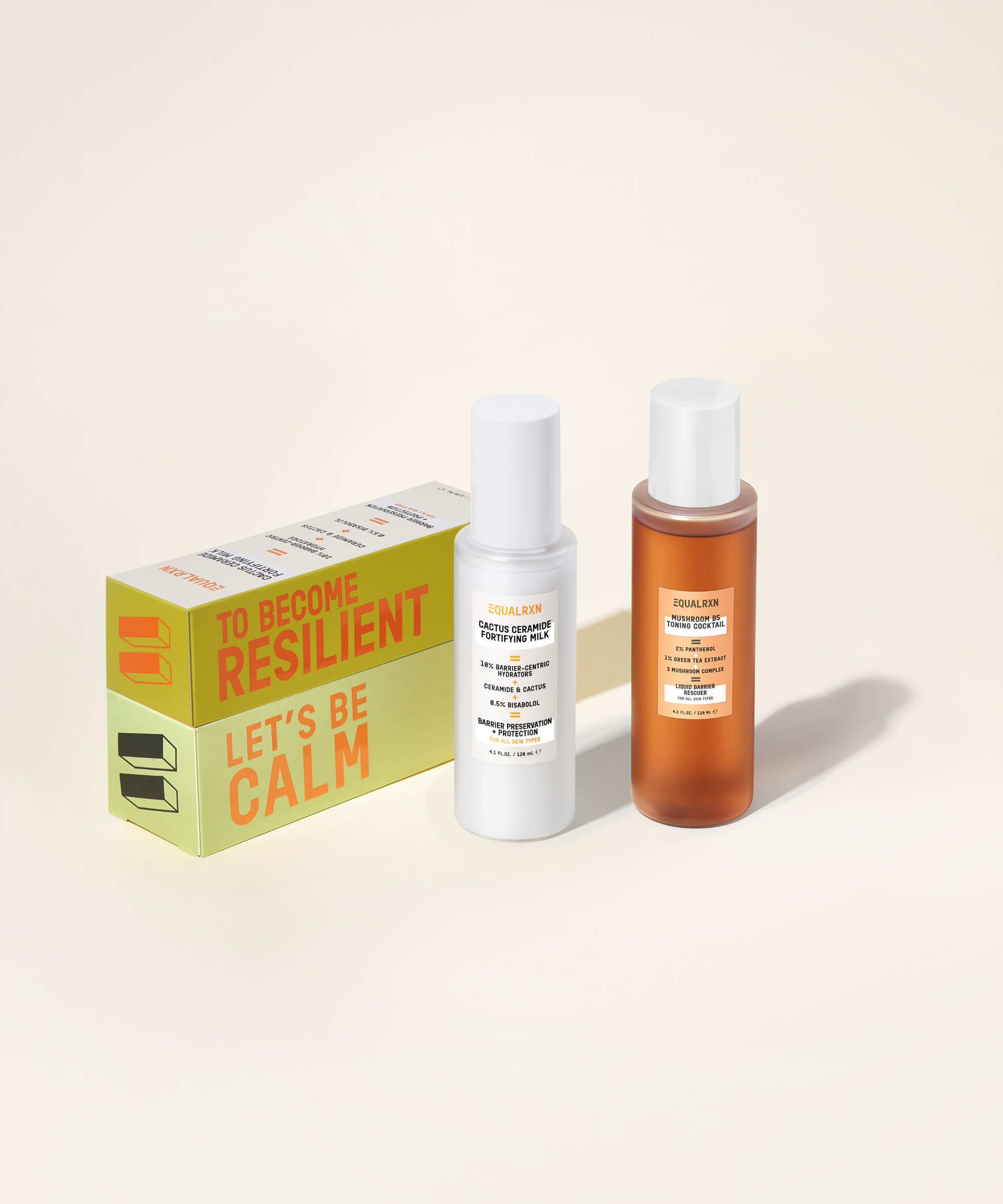
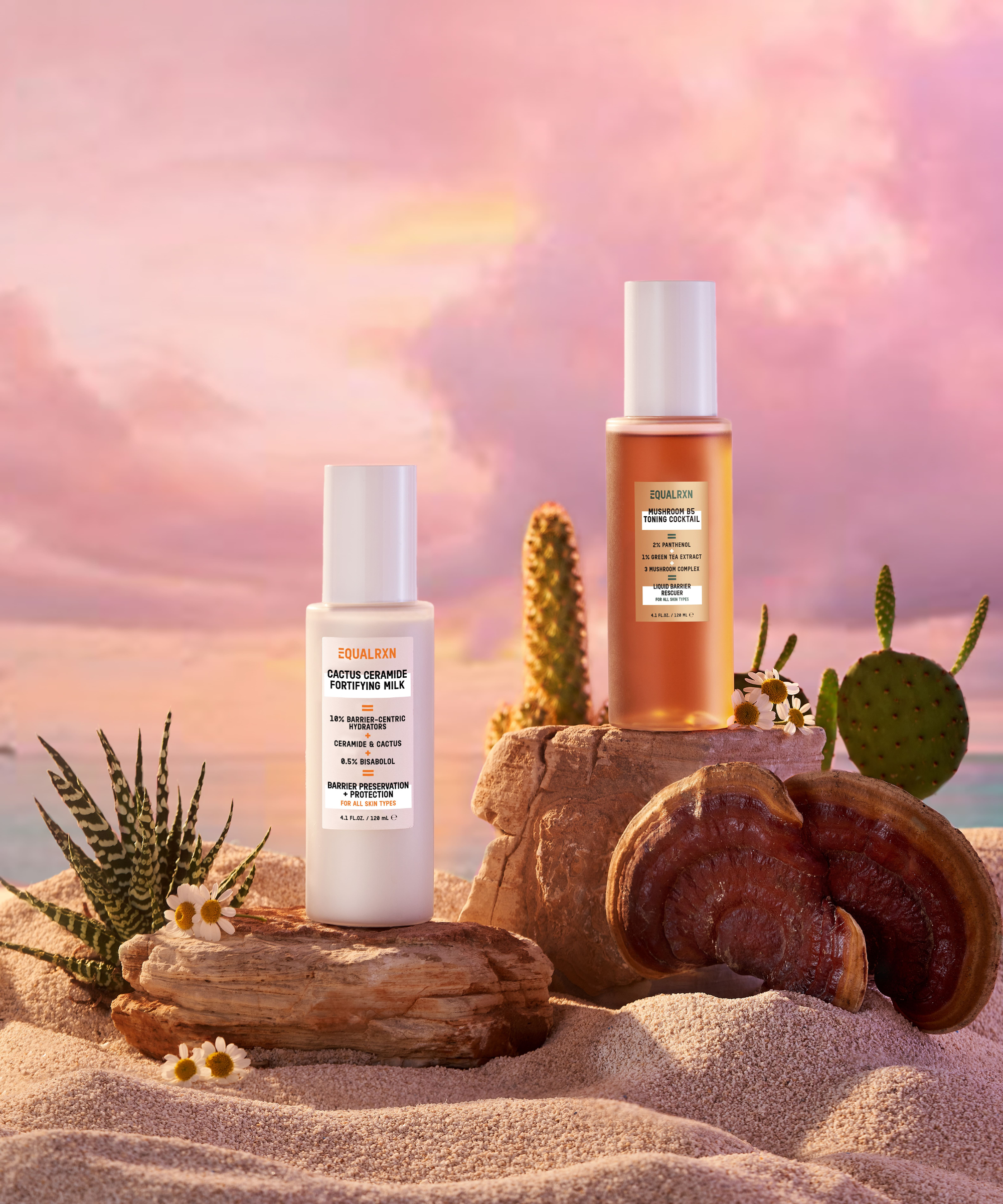
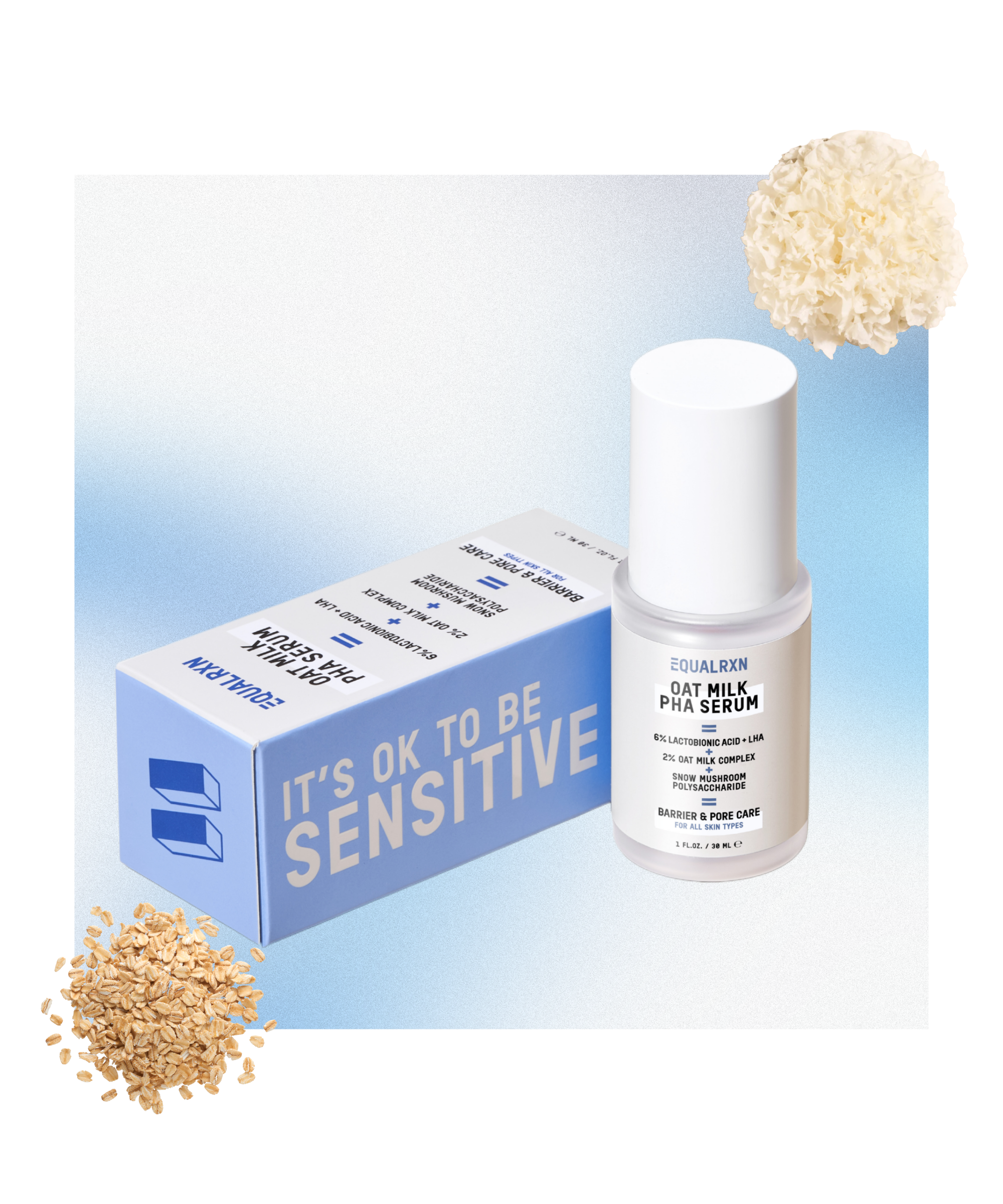
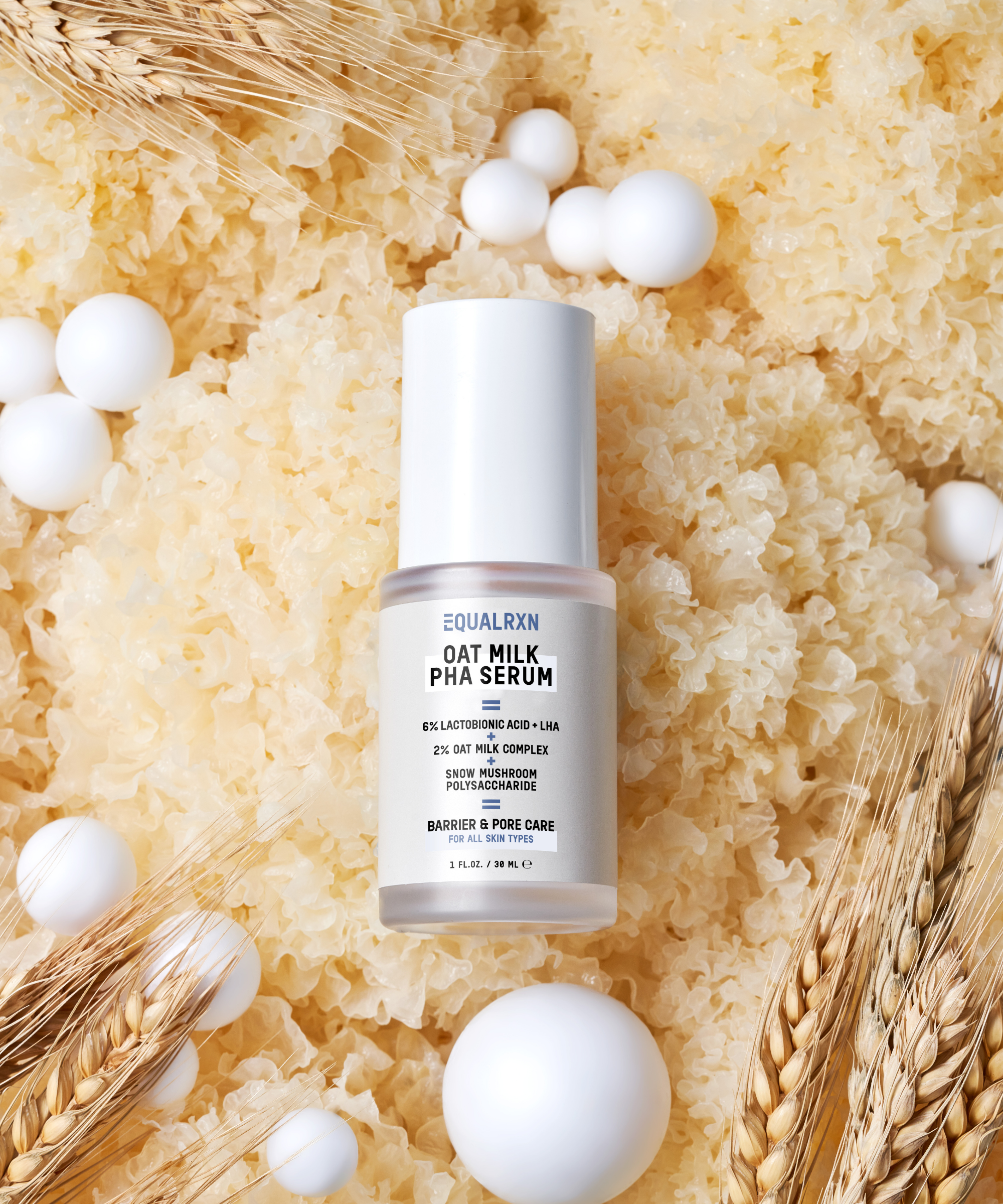

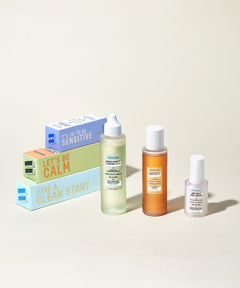
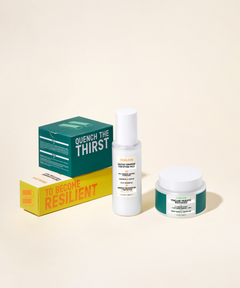
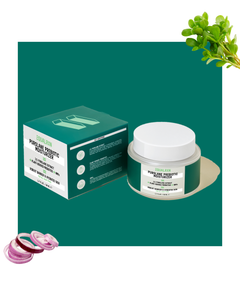
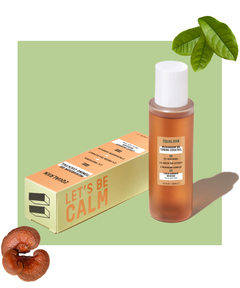
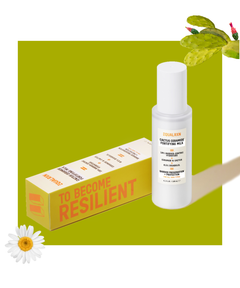

Leave a comment